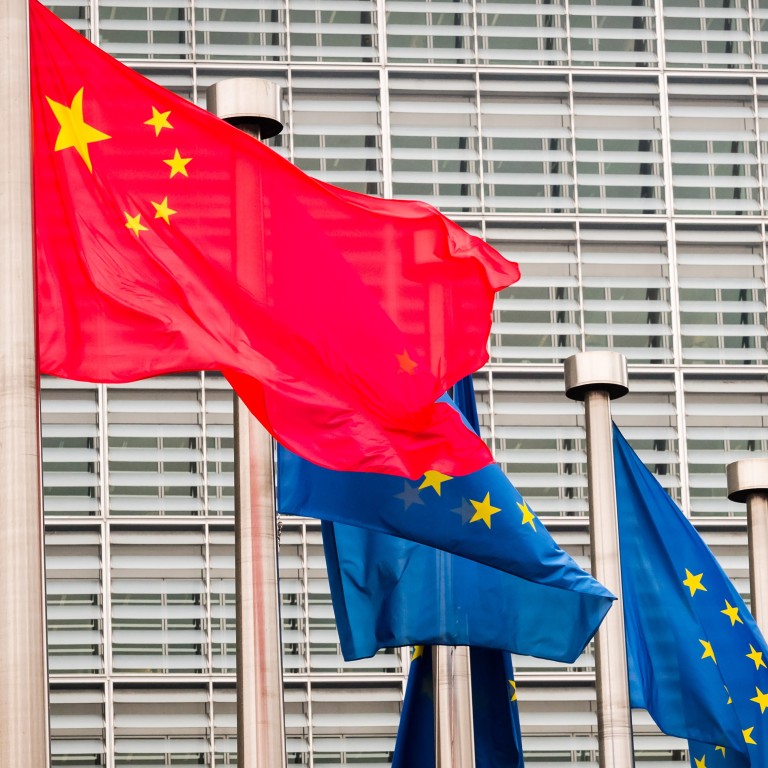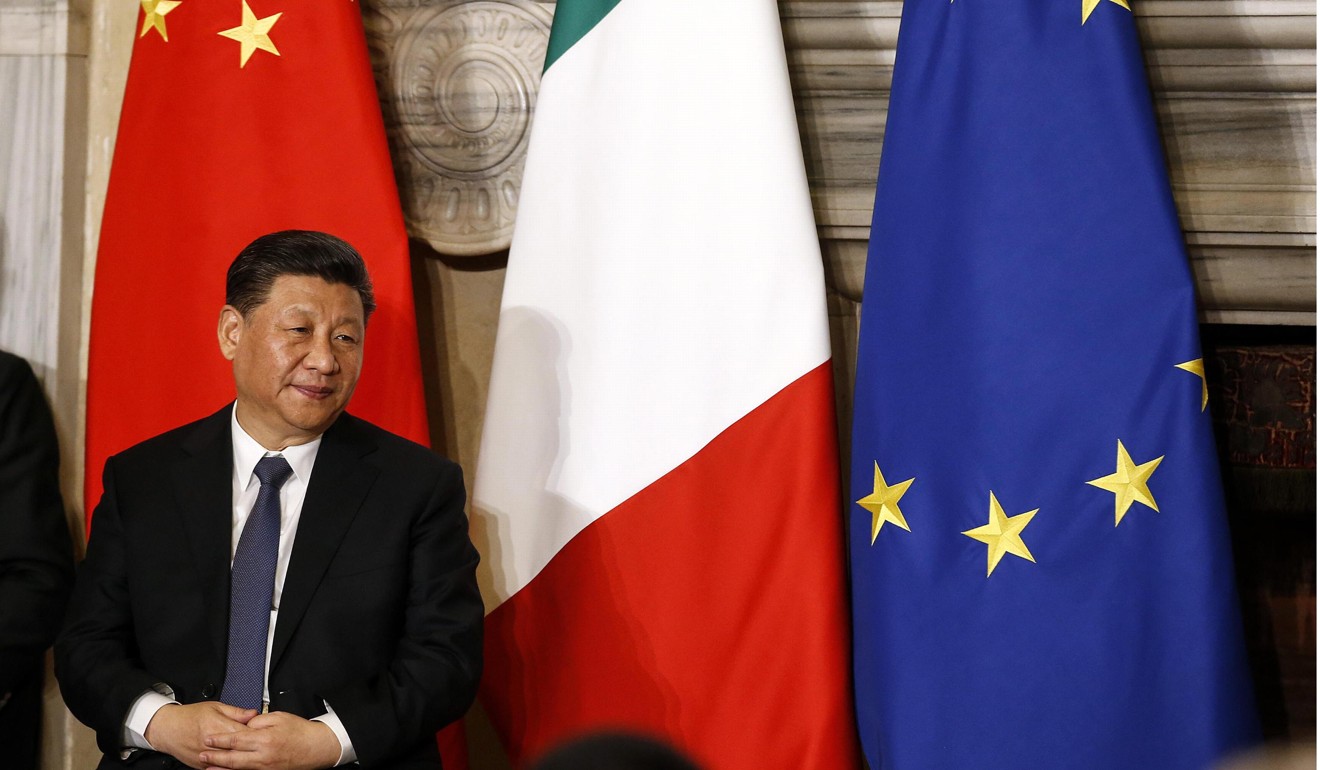
China and Europe may see political gulf widen in 2020, survey finds
- Some 59 per cent of experts polled say relations will worsen this year, according to Mercator Institute for China Studies
- But economic forecast is better, with more than half expecting ties to remain stable
China and European countries are expected to face another year of political struggle in 2020, according to a think tank in Berlin.
Although Beijing and the European Union may cooperate on the economy, their political differences could widen this year, the Mercator Institute for China Studies said on Tuesday.
The institute based the forecast on a survey of 150 China specialists from think tanks, government, industry and society in Europe.
It found that 59 per cent of respondents believed political relations between Europe and China would worsen this year – with 17 per cent saying they would “deteriorate”, and 42 per cent expecting ties to “slightly deteriorate”.
Those surveyed expected the key factor behind rising tensions to be politically motivated retaliation by Beijing against European governments or companies. That ranked above other factors, such as restricted access to the Chinese market or human rights violations.

But the outlook was better for economic relations. Some 53 per cent of the experts surveyed expected economic ties to remain stable, while 13 per cent predicted they would improve, the think tank said.
The survey respondents were generally positive about the Leipzig summit’s prospects for fostering European unity on China, with 59 per cent saying it was “somewhat likely”, while 4 per cent saw it as “very likely”.
Asked about the challenges arising from China’s rise as a digital power, 45 per cent of respondents pointed to Europe’s dependence on Chinese 5G technology, while 30 per cent cited growing competition from Chinese tech companies.
“We have heard about the theory that China has become an economic competitor to Europe, and that because of that, restrictions should be imposed on China,” Wang said in a speech to the European Policy Centre think tank in Brussels. “Even though this is not the mainstream theory, we should be alert to it and not allow it to spread further,” he said.

